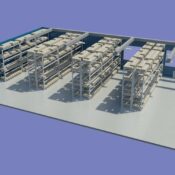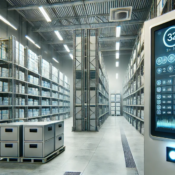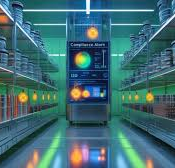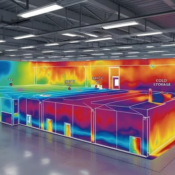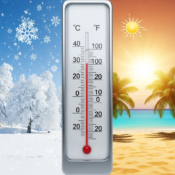Temperature mapping is a critical process in various industries where temperature control is essential for the protection of equipment, materials, and human safety. Overheating is a common concern, and without proper temperature monitoring, it can lead to costly damages or, even worse, hazardous situations. Temperature mapping provides a comprehensive way to assess temperature distribution, identify overheating risks, and ensure the smooth functioning of machinery and systems. In this article, we explore the significance of temperature mapping for overheating detection, the process, and how Eximia360 is contributing to this essential service in Saudi Arabia, including Jeddah, Dammam, and Riyadh.
What is Temperature Mapping?
Temperature mapping refers to the process of measuring and recording temperature at various points within a defined space or system. It involves placing temperature sensors at strategic locations to capture data over a specified period. This technique is particularly valuable in environments where temperature regulation is vital, such as warehouses, manufacturing plants, and storage facilities.
The primary purpose of temperature mapping is to ensure that critical temperature thresholds are not exceeded. This can help detect early signs of overheating, which could otherwise lead to equipment failure, energy inefficiency, or even fire hazards. By regularly conducting temperature mapping studies, organizations can identify any irregular temperature patterns and take corrective actions before they escalate.
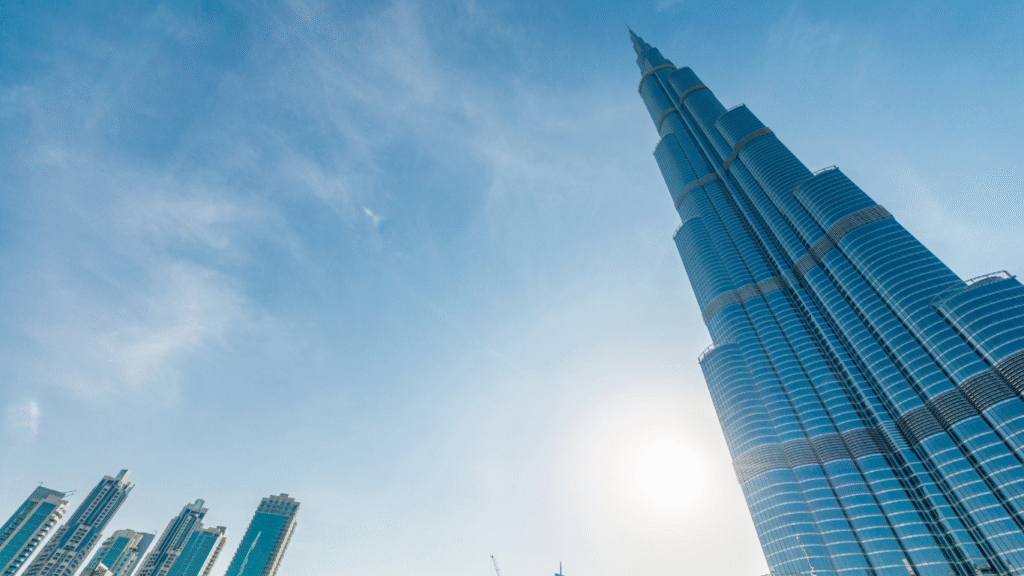
Importance of Temperature Mapping for Overheating Detection
Overheating is a major concern in industries that rely on high-performance equipment and machinery. When equipment or electrical systems overheat, they can malfunction or become permanently damaged, leading to downtime, repair costs, and potential safety risks. In some cases, overheating can even result in catastrophic accidents, such as fires or explosions.
Temperature mapping helps detect early signs of overheating, allowing businesses to address issues proactively. Whether it’s machinery that’s working too hard, an air conditioning unit struggling to maintain a stable environment, or a server room that’s running too hot, temperature mapping provides the data needed to pinpoint the exact source of the problem.
Applications of Temperature Mapping
Temperature mapping can be applied in a variety of sectors:
- Manufacturing: In factories and production lines, overheating can lead to equipment failure and product defects. Temperature mapping studies help to identify hotspots and inefficiencies in the system, ensuring optimal performance.
- Warehousing and Storage: In industries that deal with sensitive materials such as pharmaceuticals, food, or chemicals, maintaining a specific temperature range is essential. Temperature mapping can verify that the temperature remains within safe limits, protecting valuable products from spoilage or degradation.
- Data Centers: With the increasing reliance on cloud storage and computing, data centers are highly susceptible to overheating. Temperature mapping ensures that all areas are kept within the ideal temperature range to avoid system shutdowns or hardware damage.
- HVAC Systems: Air conditioning and heating systems need to be carefully monitored for signs of overheating. Temperature mapping can reveal problems with air flow or inefficient cooling, allowing companies to fix issues before they result in full system failure.
Eximia360: Providing Temperature Mapping Services in Saudi Arabia
Eximia360 is a leading service provider offering temperature mapping studies in Saudi Arabia, specifically in Jeddah, Dammam, and Riyadh. We specialize in offering comprehensive temperature mapping services that help businesses detect and address overheating risks efficiently.
Our expert team at Eximia360 utilizes advanced temperature mapping equipment, ensuring that every aspect of your operation is covered. Whether it’s assessing temperature conditions in manufacturing plants, warehouses, or even specialized areas like server rooms or cleanrooms, we deliver high-quality, accurate data that allows you to make informed decisions and implement effective temperature control solutions.
We understand the unique challenges faced by businesses in Saudi Arabia’s diverse industrial sectors. The extreme temperatures and high humidity levels in the region require diligent monitoring and tailored temperature mapping studies. Our services are designed to meet the specific needs of businesses in Jeddah, Dammam, Riyadh, and beyond, ensuring that they are equipped to handle temperature-related issues before they cause operational disruptions or safety hazards.
Conclusion
In today’s fast-paced, technology-driven world, overheating detection has become an essential part of ensuring smooth operations and maintaining safety standards. Temperature mapping plays a key role in this process, providing accurate data that allows for proactive measures to be taken before overheating issues escalate.
Eximia360 is committed to providing high-quality temperature mapping services in Saudi Arabia, specifically in Jeddah, Dammam, and Riyadh. By leveraging advanced technology and industry expertise, we ensure that businesses in these regions can monitor their temperature-sensitive environments effectively. If you are looking for reliable and efficient temperature mapping services, visit www.eximia360.com today to learn more about how we can assist you in preventing overheating and maintaining operational safety.



